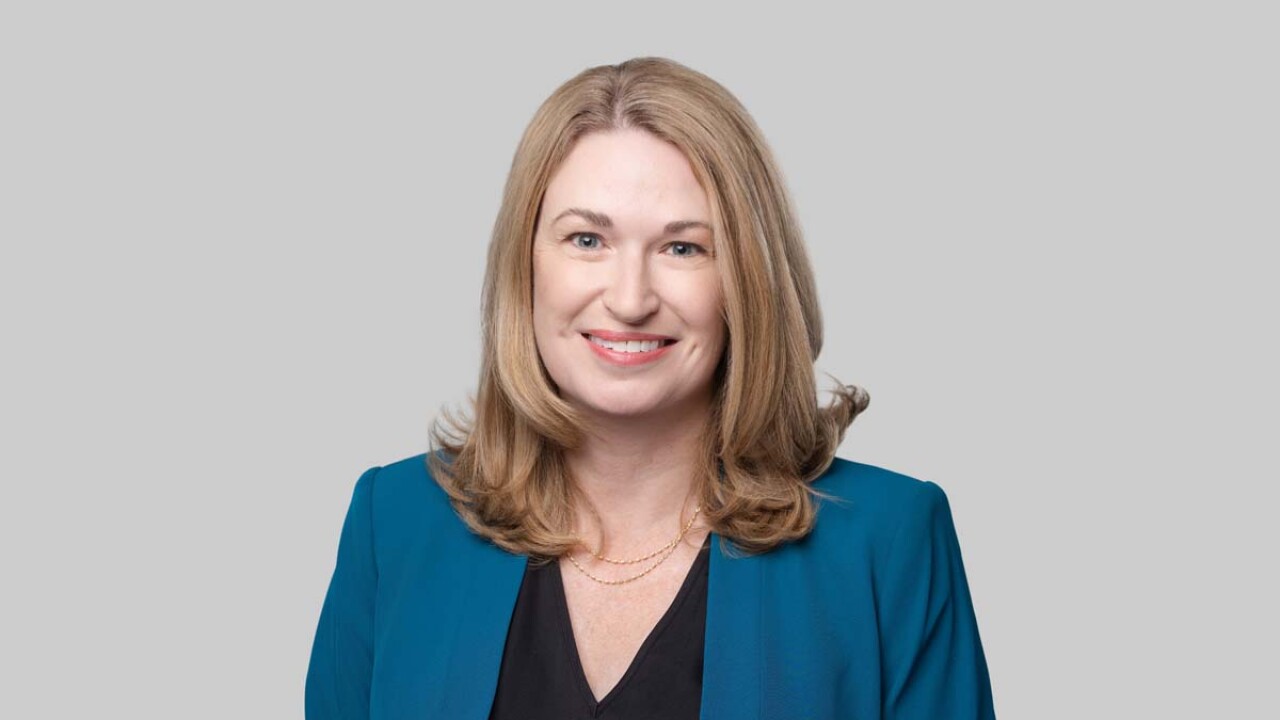
Today's retirees face a large income squeeze from inflation and depressed markets, while those on the path to leaving the workforce are in a "financial vortex" of competing responsibilities, according to a new study by Goldman Sachs.
Fresh off its acquisition of digital retirement planning company
Over half, or 51%, of retirees surveyed in the study said they lived on less than 50% of their pre-retirement income. A widely recommended amount is 70%. Amid volatile markets and persistent inflation that has eroded purchasing power, many senior citizens have considered returning to the workplace. Some 34% percent of retirees expressed an interest in part-time work to help generate income, up from 25% when the same study was done a year ago.
At the same time, more than half of retirees, or 56%, reported retiring earlier than planned. Just 7% of retirees stopped working because their savings were sufficient to fund their retirement, the company said in a press release, adding that some people quit working earlier than intended, due to health issues (23%), losing their job (11%) or caring for family (9%).
In general, surveyed retirees reported being more concerned about money compared with a year ago, before Russia invaded Ukraine and high inflation reared its head. Other top concerns were fear of running out of money, fear of becoming a burden to family members and future health costs, all significantly elevated compared to survey results from a year ago. The most common concern was inflation,
Maria Vassalou, the co-chief investment officer of Multi-Asset Solutions (MAS) at GSAM, said in the press meeting that costs may already have hit their peak but they will not return to prior levels of 2%. She added that "inflation from abroad and challenges from abroad are likely to affect the US as well," though.
Vassalou warned that in the wake of COVID-19 and geopolitical issues that "changed very much the world economic order," the ground is shifting for workers saving for retirement. Such people cannot expect to coast on the same well-trodden assumptions that drove the recent FIRE wave of individuals who achieved "financial independence early retirement." "A lot of these retire-early opportunities came from the tech world," she said, adding that it had been particularly hard-hit by these disruptions.
"That's going to complicate investing. We're going to have to tackle more uncertainty," she said, adding that the newly unfamiliar markets add to the vortex for retail investors. "In the case of retirement assets, that's where the importance of the financial planner comes in."
The Goldman survey also looked at current earners across different generations and found that Boomers reported being the most behind in saving for retirement, followed by Gen Xers, which
Joe Duran, the head of the bank's registered investment advisory unit, Goldman Sachs Personal Financial Management, described these anxious middle-aged workers as a "sandwich generation" that is having a particularly rough time saving for retirement when they have to care for aging parents as well as pay for children's expensive needs. "That's the vortex that people get trapped into," he said. "And that's the most difficult part of life. Because almost everyone is at a point where they are going to have to give up on one dream that they had, or sacrifice in some way."
David Kennedy, a senior analyst at industry research firm Cerulli Associates who focuses on retirement, said that Goldman's interest in understanding consumers' retirement challenges reflects its larger recent aims to capture Main Street clients. "They're obviously wanting to look into individual [retirement]. These [individuals] are basically their new client base," he said. "They're managing these managed accounts and they're doing digital advice."
Kennedy noted that Wall Street banks have been acquiring more specialist businesses that help them create niches in the business, a trend that he sees Goldman fitting into. "It's relatively new, but it's part of an overall strategy of a lot of firms that are already involved in the DC space to expand, offer other services that could be complementary to what they're already doing," Kennedy said.
DC, or defined contribution plans, are employer-sponsored retirement plans such as 401(k)'s or 403(b)'s. In recent decades, they have come to largely replace DB, defined benefit plans, such as pensions, meaning the onus is now on workers to prepare for retirement on their own.
"The amount of customization that is embedded within defined contributions today is limited to target-date funds," said Greg Calnon, head of Multi-Asset Solutions at GSAM, in the press meeting. However, workers caught up in the "financial vortex" of their personal lives could use more advice on their workplace plans, he said. "One of the reasons why we acquired NextCapital is that there can be much more personalization and customization within the defined contribution marketplace, in particular, within managed accounts."
A spokesperson for Goldman said in an email that "GSAM currently serves the DC market through our stable value investment capabilities, multi-asset mutual funds, custom separate accounts and model portfolios." He added that "post-acquisition, we are building out our DC platform with NextCapital to expand our capabilities in customized managed accounts, backed by Goldman Sachs' analytics, planning and portfolio management."
The Wall Street bank surveyed 1,566 Americans this past summer in collaboration with Qualtrics Experience Management, a company based in Provo, Utah and Seattle. The individuals reflected a cross-section of ages and included 599 retirees aged 50-75, as well as 967 adults who were still working. Goldman declined to share further demographic information about the respondents or disclose how they were sourced, although a bank spokesperson said in an email Tuesday that they came from "an online quantitative survey using respondents from panels/panel providers that Qualtrics has access to" and that Goldman plans to elaborate on the survey's demographics at a later date.









